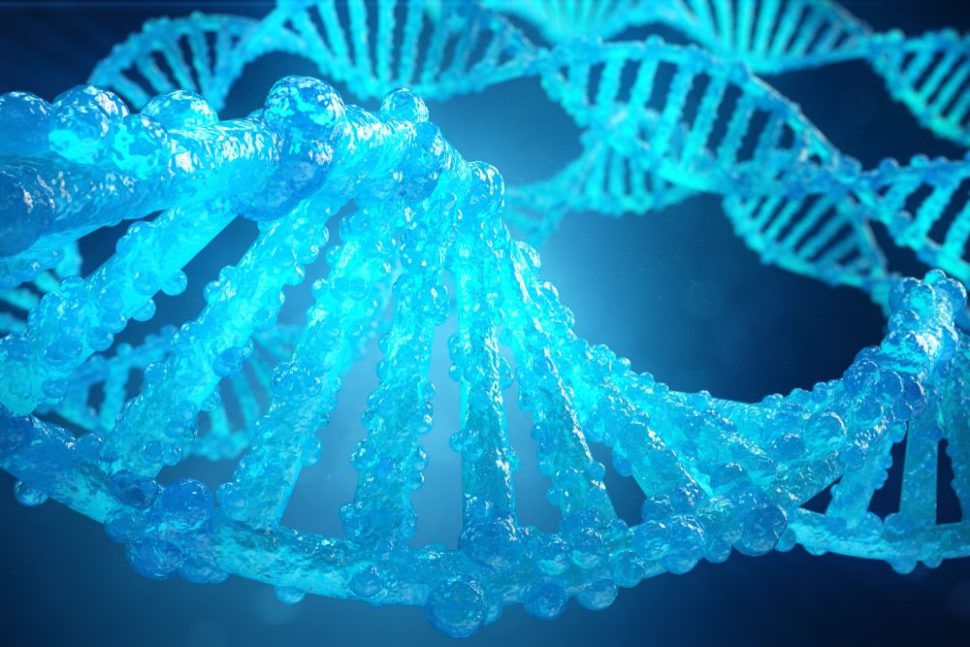According to a recent study, CRISPR-Cas 9, the revolutionary gene-editing technique, could be blocked by the immune system and thus might not work on all people.
If the genome can be compared to a musical score, CRISPR-Cas9 is the way to carry the composer’s notes, with additions or omissions that highlight specific nuances.
With the ability to edit genomic text with high precision in a non-invasive way, CRISPR has been touted as the Holy Grail of gene editing and precise medicine.
But now, a new study comes to dash hopes as its findings say that most people could be immune to CRISPR, and it’s our immune system that is to blame.
Most people could be immune to CRISPR-Cas9 therapy. Click To Tweet2018 was Supposed to be the Year of CRISPR
Amid the ongoing patent war over CRISPR, research labs are working hard, seeking to yield unquestionable results and thus validate it as a therapy that would earn them big bucks.
After many promising trials on animals, CRISPR-Cas9 is awaiting its first clinical trials in humans on both sides of the ocean.
Two industry-sponsored trials are set to debut this year to test this genome editing technique and show its real potential in fighting various diseases, some of which have no cure yet.
In Europe, the CRISPR Therapeutics company applied to get the permission of European regulators and start clinical trials of its gene-editing treatment in humans. CRISPR Therapeutics wants to test its CTX001, a CRISPR treatment aimed at beta-thalassemia and sickle cell disease.
CRISPR Therapeutics is also planning on submitting an application to the U.S. FDA to run clinical trials for sickle-cell disease during 2018.
Meanwhile, a team of researchers from UCLA MIT, Harvard and Microsoft are investigating the use of Machine Learning to improve the accuracy of CRISPR gene-editing.
Now, in an unexpected turn, a study from Stanford University found that most humans are likely already immune to CRISPR.
What Bacteria Have to do With CRISPR
Due to the immune system preventing its action, CRISPR-Cas9 might not work on a high percentage of people, and worse, it could be even dangerous to their health.
The study says that the human body could treat Cas9 proteins as foreign bodies. This may trigger immune responses that would block gene therapy and pose a greater risk to the patient’s health than the original disease they’re treating for.
CRISPR, or “Clustered Regularly Interspaced Short Palindromic Repeats” were first discovered in bacteria and then modified and used as a way to carry DNA into living cells to fix defects.
Before it was explored as a therapeutic tool to fix genetic defects, CRISPR-Cas9 was originally a primitive immune defense mechanism used by many bacteria.
According to the study, two of the most used versions of the CRISPR-Associated (Cas9) proteins are derived from two widespread bacteria (Staphylococcus aureus and Streptococcus pyogenes), against which we have already developed immune responses.
In other words, we may already have antibodies against CRISPR. Researchers found that 79% of study participants produced antibodies against Cas9 derived from S. aureus and 65% from S. pyogenes.
As a safety procedure to be added to the CRISPR therapy protocol, at-risk patients could be screened before undergoing gene-editing treatment. A way around the immune system obstacle would be to develop other Cas9 enzymes from other bacteria that don’t trigger an immune response.
“This data demonstrates that there are pre-existing humoral and cell-mediated adaptive immune responses to Cas9 in humans,” said authors of the study, “a factor which must be taken into account as the CRISPR-Cas9 system moves forward into clinical trials.”
It’s worth noting that the paper, appearing on bioRxiv, is a pre-print that has yet to be peer-reviewed.
Does this spell the end of the CRISPR craze? Or do you think this is an issue that can easily be solved? Let us know your thoughts in the comments section below.
.



















Comments (0)
Most Recent